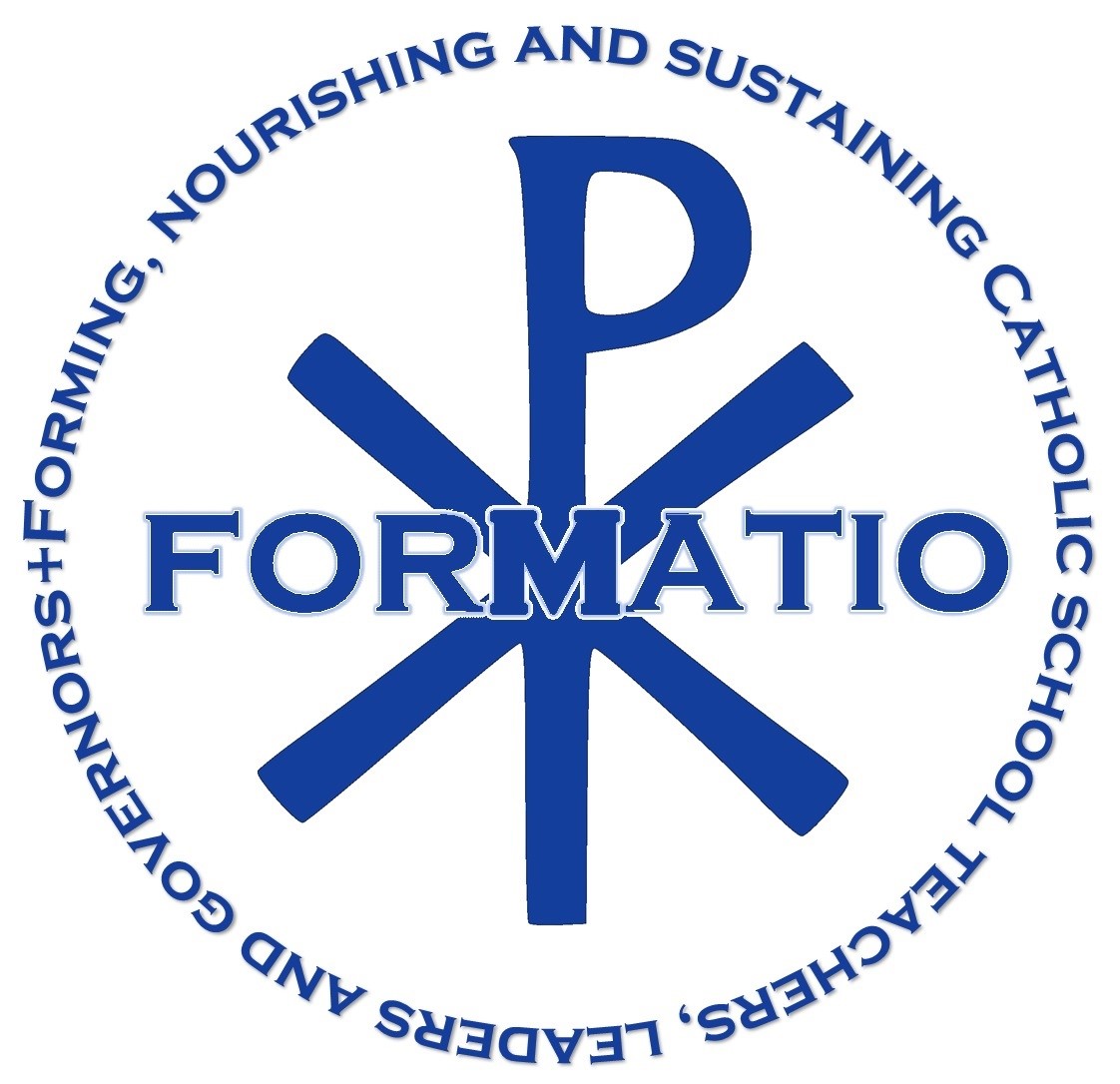 Four Chief Executive Officers (CEOs) of Catholic multi-academy trusts (CMATs) in the Diocese of Hexham and Newcastle recently shared their thoughts on how their schools had academised.
Four Chief Executive Officers (CEOs) of Catholic multi-academy trusts (CMATs) in the Diocese of Hexham and Newcastle recently shared their thoughts on how their schools had academised.
The 12 July panel discussion was part of a conference for school leaders organised by the diocese’s Department for Education, and the third immersion day for the Catholic Academy Trust Training Collaborative (CATtColl).
CATtColl is the national network of CMATs, and the largest network of academies in the country. It delivers continuing professional development in collaboration with the four Catholic universities on behalf of the Formatio partnership of dioceses, CMATs and universities.
The following is a summary of some key points of the discussion:
Common ownership and co-creation by school staff is essential in developing a new curriculum, along with enabling schools to adapt them to meet their local context.
Continuing Professional Development (CPD) for all school staff has proved an effective way for CMATs to communicate directly with employees at all levels. Posting information on school computer screensavers is also a useful communications channel.
A way of explaining academisation is a shift from school services provided by a non-Catholic body [a local authority], to a Catholic body [a CMAT].
CMAT ‘schemes of delegation’ have proved helpful for governors, to understand their different responsibilities within a multi-academy trust system.
Staff members of CMATs can also attend the governing body meetings of every school within the CMAT, albeit a big undertaking. This has enabled strong lines of communication.
Trust boards had found that being provided with detailed statistical information on all schools within CMATs was unnecessary for a single meeting – instead a detailed focus on particular schools was proving more useful.
In some CMATs the development of Key Performance Indicators is also being explored to assist trust boards with their strategic remit, while others prefer clarity around expectation and quality statements to ensure progress is secure.
Some small schools may not be financially viable, but it is important to retain Catholic education in these communities.
None of the CMATs operated General Annual Grant (GAG) pooling.
An equitable model can help small schools develop a budget, supported by schools across the CMAT.
A strong focus on children at the Early Years Foundation Stage was seen as essential in reducing attainment gaps that significantly widen in later years.

